Following fresh claims that US President Donald Trump is planning to extend his ICE raid into other major cities, immigration enforcement is once again in the public eye around the United States. Federal immigration raids, monitoring, and arrests may soon rise in these places, many of which are well-known for their “sanctuary” laws.
Strong emotions have been sparked by the revelation, including panic in immigrant communities, opposition from local authorities, and a revived discussion over the extent to which the federal government should enforce immigration rules. Based on current knowledge, four major cities—Chicago, Boston, Charlotte, and New Orleans—are being discreetly prepared to be the next targets.
Quick Highlights
| Topic | Details |
|---|---|
| Cities Being Targeted Next | Chicago, Boston, Charlotte, New Orleans |
| Reason Behind Targeting | Sanctuary policies, political symbolism, enforcement “gaps” |
| Agencies Involved | ICE, DHS, possibly National Guard support |
| Local Response | Pushback from mayors, legal resistance, community preparation |
| Why It Matters | Impacts on millions of immigrants, national politics, public safety debates |
A Closer Look at the Crackdown: What’s Driving It?
Trump has stated unequivocally that one of his main concerns is immigration enforcement. He views sanctuary cities—cities that don’t completely comply with federal immigration authorities—as significant challenges, according to reports. Trump claims that these localities make it more difficult to apprehend and deport unauthorized immigrants by restricting how and when local police may assist ICE.
Trump aims to convey a message that he is to take tough action regardless of how loudly local authorities oppose by focusing on the largest and most vocal sanctuary communities.
Many of the planned operations are referred to as “surges,” which means that ICE would deploy more agents, boost patrols, carry out more raids, and perhaps operate out of federal or military facilities close to the cities.
Chicago: Expected to Face the Most Aggressive Push
Chicago seems to be the hub of the forthcoming activities among the cities on the list. For the area, a unique ICE program known only as “Operation Midway Blitz” is being planned.
Why the Focus Is on Chicago
One of the nation’s strictest sanctuary laws is in place in Chicago. The city restricts information exchange, forbids local police from assisting immigration officials in the majority of circumstances, and has consistently refused to assist ICE detainers. Chicago is seen by Trump as a city that openly opposes federal immigration policies.
Alarms Raised by Navy Base Use
According to reports, the new operations may be staged at Naval Station Great Lakes, which is located just north of Chicago. This implies that ICE may work directly with a military installation, which many local officials worry might make it harder to distinguish between military and civilian law enforcement.
Even the notion that members of the National Guard or active-duty military may be linked to an immigration crackdown has frightened civil rights organizations, legal professionals, and political politicians.
The Mayor of Chicago Responds
The mayor of Chicago has already issued fresh executive orders directing local agencies to refrain from helping federal authorities. He has called the proposal “a threat to the rights and dignity of Chicago residents” and urged neighborhood organizations to put together legal materials and training on your rights.
Boston: Operation “Patriot 2.0” Raises Fresh Concerns
Boston is thought to be another major target on the East Coast. According to reports, the new initiative, known as “Patriot 2.0,” would target immigrants with criminal records; however, similar operations in the past have also caught those whose sole infraction was not having legal status.
A City Renowned for Retaliating
The mayor of Boston has swiftly denounced the planned crackdown, accusing it of being politically motivated. According to her, the city’s laws were created to guarantee that immigrants may trust local law enforcement, report crimes, and ask for assistance without worrying about being deported.
Neighborhoods of Immigrants on the Edge
According to community organizations, they have observed:
- Unmarked vehicle patrols have increased.
- ICE is requesting more local data.
- Officers in the vicinity of courts and offices
Charlotte: A New Target, but Tension Rising Fast
Charlotte has not historically been involved in national immigration disputes, in contrast to Boston and Chicago. However, subsequent rulings by local law enforcement, particularly the sheriff’s office, terminated several partnerships with ICE, so classifying Charlotte as a “sanctuary.”
Why Charlotte Is All of a Sudden Focus
According to federal officials, “criminal illegal immigrants” have been released into the community as a result of Charlotte’s disregard for ICE detainers. Local authorities contest this, claiming that the majority of detainers lack a valid legal foundation.
What Locals Are Hearing
Federal immigration officials may start fresh enforcement activities within days, according to a public statement made by the Mecklenburg County sheriff.
Why These Cities? The Strategy Behind the Crackdown
1. Policies for Sanctuaries
Cooperation with ICE is restricted in each of the targeted cities. As a result, Trump may use them as prominent instances.
2. Political Communication
These localities are run by vocal opponents of Trump and have a tendency to vote Democratic. By focusing on them, he communicates to his followers that he will take on political opposition head-on.
3. Cities with High Visibility
Boston and Chicago are national icons. Regional variety is enhanced by Charlotte and New Orleans. Enforcement will be in the news in these areas.
4. The Battle for Local versus Federal Power
Trump wants to reclaim federal control, even if it leads to legal action, and has long vilified sanctuary towns.
5. Impact of Election Season
Immigration enforcement is become a potent political tool. Voter opinions and national discussions might be impacted by large operations.
Legal and Civil Rights Battles Already Brewing
Lawyers and civil rights organizations organized as soon as there was mention of an ICE influx. Many contend:
- There are legal restrictions on local police’s ability to support ICE.
- General immigration enforcement cannot take place on military sites.
- Large-scale raids have the danger of going against due process.
Strong legal teams in cities like Boston and Chicago are ready to take federal overreach to court.
Potential National Effects: A Political Firestorm
In the upcoming months, Trump’s potential expansion of ICE activities will probably take center stage in national conversations. While detractors worry he is overstepping the bounds of federal power and putting vulnerable areas in risk, supporters claim he is reinstating “law and order.”
Immigration is still one of the nation’s most divisive and contentious topics when the political landscape changes in 2025, and these new crackdowns will further heighten the controversy.

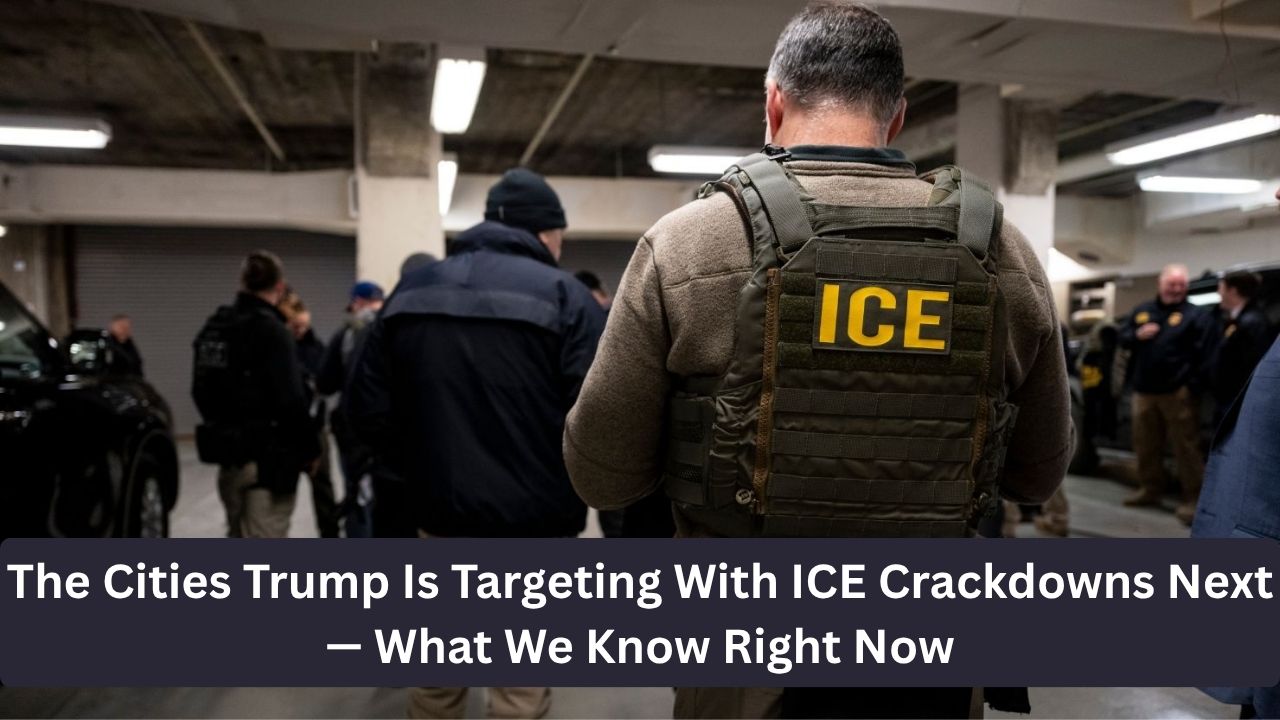
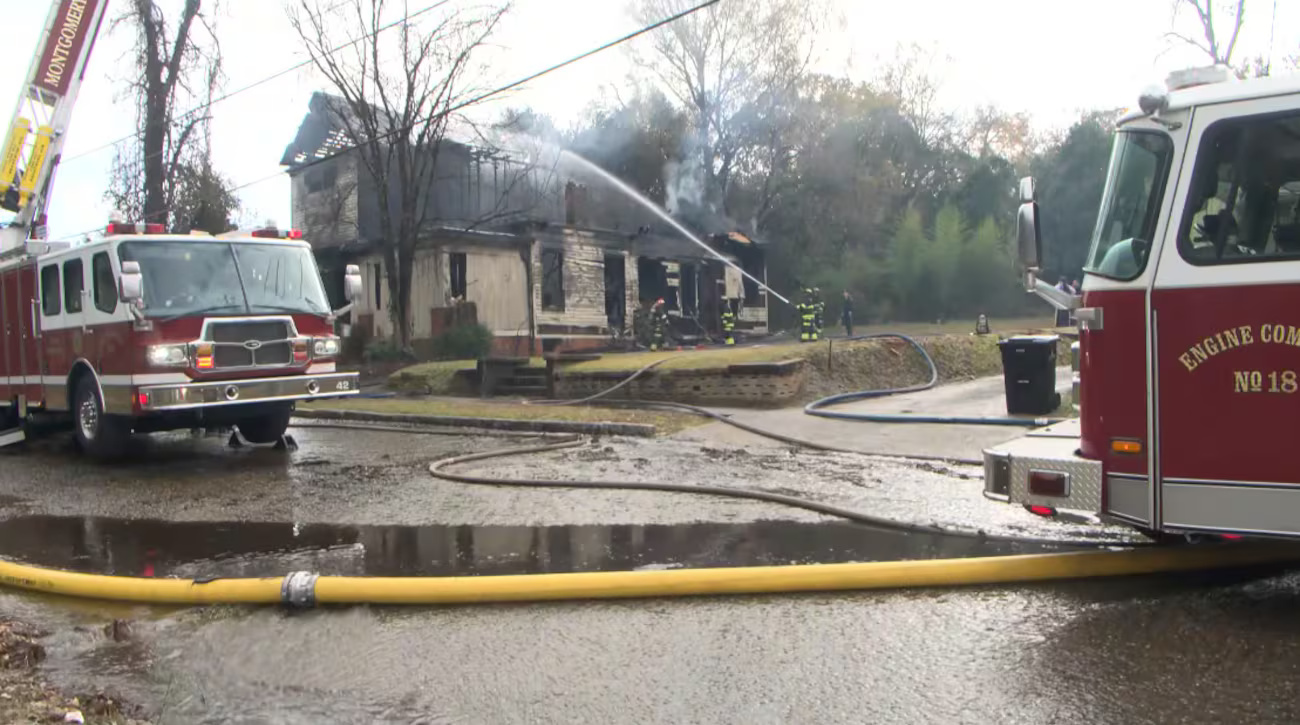



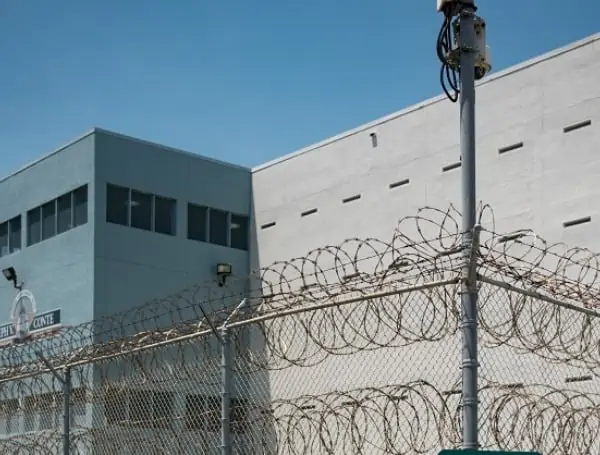



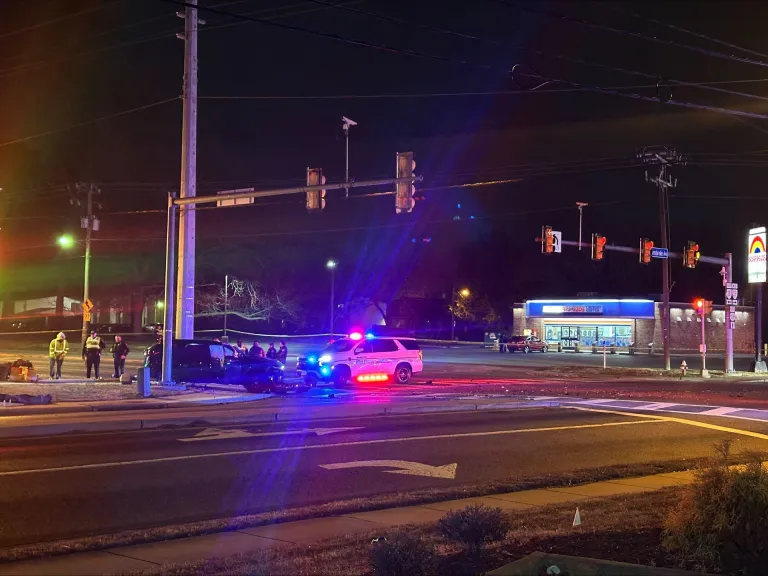
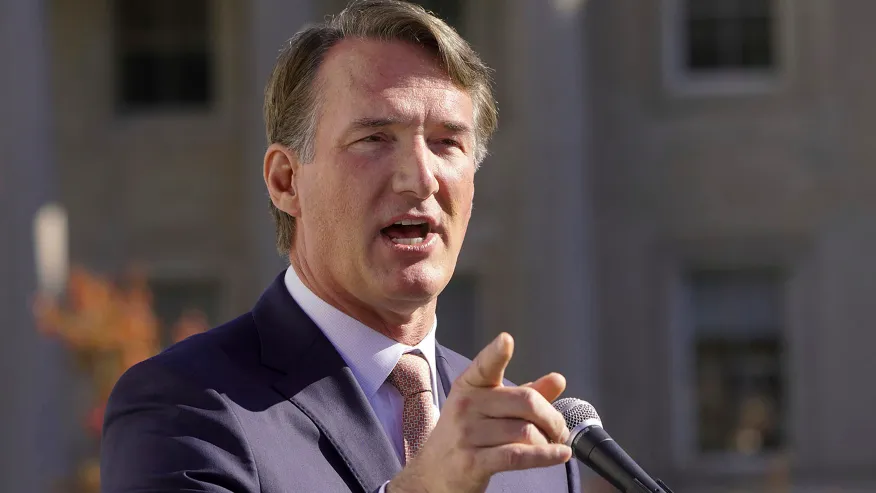
Leave a Reply